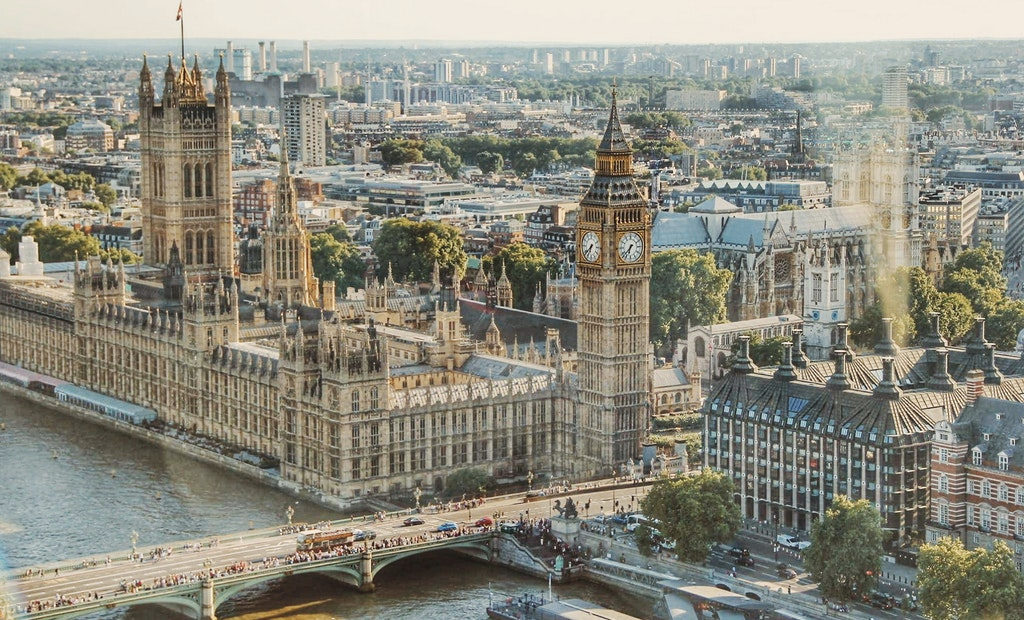Ministers adjust charity tax as opposition mounts

Government ministers are back-tracking quickly as public opposition to their tax on charitable donations comes under fire.
The proposed tax, announced in this year’s budget, would see tax-relievable donations capped at either £50,000 or 25% of a person’s income. Currently, philanthropists can claim back tax on their donations meaning that in the case of large donations they can bring down their tax payments to zero. The government claims that the introduction of this tax will save around £100m each year.
The government has been widely criticised for the proposal, with concerns being raised that charitable donations will decline, and in response and has announced yesterday that a consultation would begin this summer to determine whether the plans were fair and reasonable.
In an interview with the BBC, David Gauke, Exchequer Secretary to the Treasury, defended the proposals, saying: “Our concern is that it’s not fair that the vast majority of people (…) make a contribution towards the NHS and armed forces and so on, but there are some wealthy individuals whom the tax system essentially allows to opt out.”
The treasury also released figures yesterday showing that 9% of people earning over £10m a year paid less than 20% of their income in tax in the last tax year through tax relief, although these figures did not distinguish between the tax reliefs claimed on charity donations against other tax reliefs available.
They continued to defend their plans as fundamental in preventing tax avoidance by the rich in a statement which said the figures demonstrated that the super-rich were using tax reliefs, such as those provided by charitable donations, to lower their tax bills.
The critics of these proposals include former Prime Minister Tony Blair, who warned David Cameron: “Don’t end up in a situation where you imply people are donating for tax avoidance purposes.”
Although most politicians think the plans will go ahead, some believe there may be some room for manoeuvre. BBC Political Editor Nick Robinson suggested that people might be able to make a one-off donation that would be tax-exempt, or may be allowed to roll over their tax relief from one year to the next, in order to keep it to a minimum.
Abbie Cavendish

























Facebook
Twitter
Instagram
YouTube
RSS